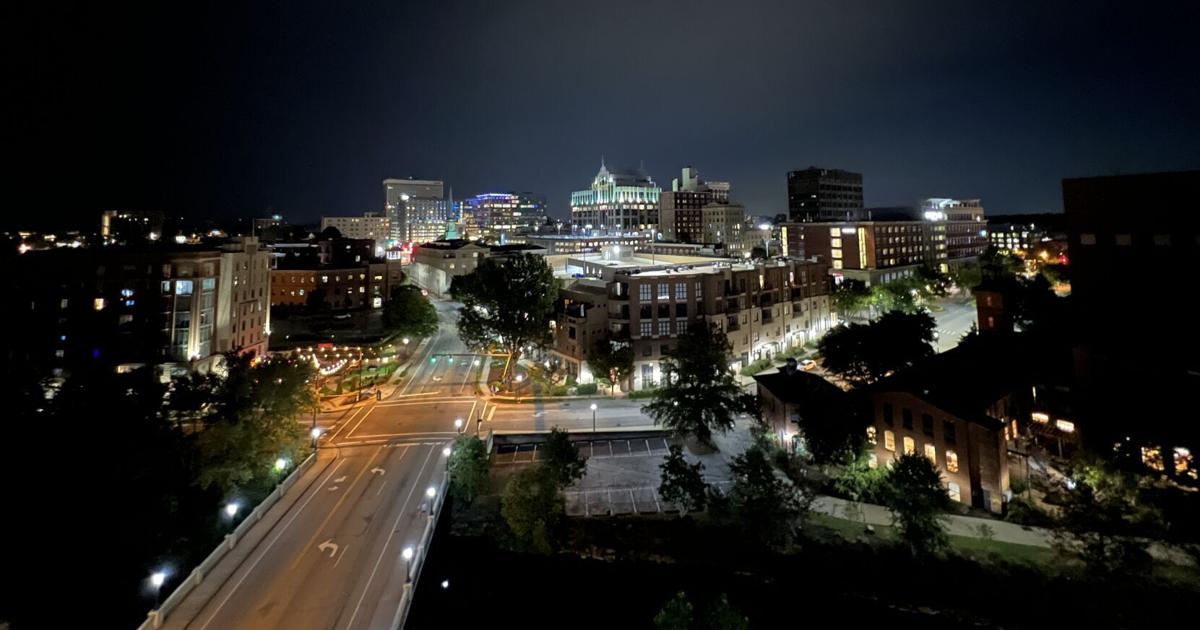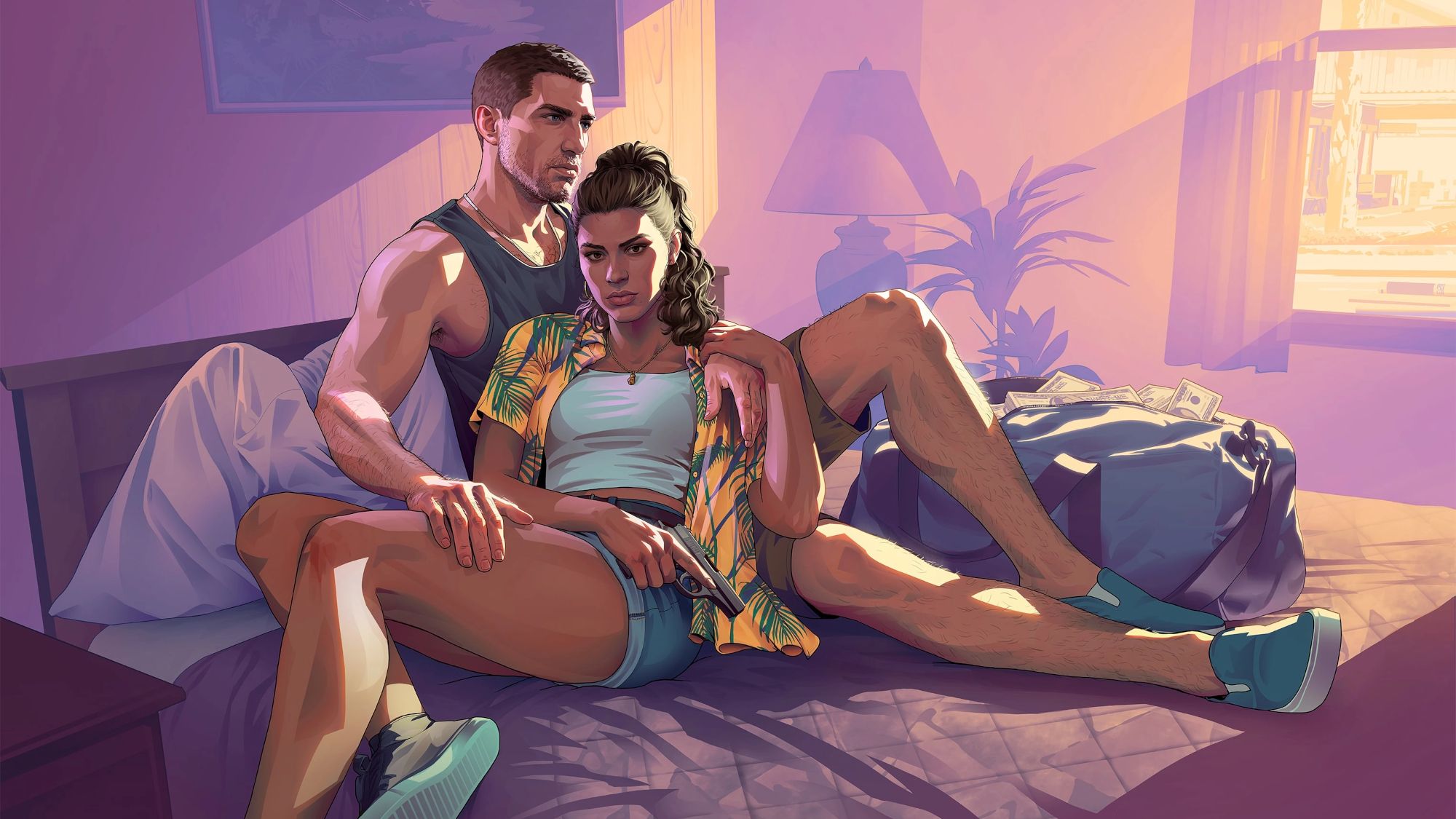Copyright Charleston Post and Courier

GREENVILLE — Fearing downtown’s reputation could be at risk from late-night fights and disorder, city leaders are trying to rein in nightlife, just as business owners worry the changes are going too far and could ultimately hamper the city’s growing restaurant and bar scene. The latest in a series of proposals would prohibit new bars from opening after midnight in downtown’s busiest nightlife sector. If City Council passes the proposal in the coming weeks, it will be the furthest they’ve gone to rebalance city policies in favor of public safety and downtown residents rather than businesses and visitors. Business owners say they fear the policy could harm current and future businesses that make downtown Greenville a destination, delivering jobs and tax revenue to the city. They also say the rules won’t achieve what the city says it wants to accomplish. “There are ways to encourage safety, but at the same time, we have to balance that with the economic impact that it can have,” said Tammy Johnson, who owns various hospitality companies and sits on the city’s Board of Zoning Appeals, a body tasked with approving late-night hours. The new rules would be implemented with a zoning change known as the “Downtown Entertainment District Overlay.” Within the new district, new businesses wouldn’t be allowed to receive the necessary special-exception permit to open after midnight in a roughly two-block radius of Main Street from McBee Avenue to Beattie Street. Elected officials say they believe the new designation will solve a variety of problems — from overcrowded sidewalks to disorderly conduct to noise complaints. The main issue, they said, is that this piece of downtown is oversaturated with bars. There are already 24 late-night businesses within the district, which City Councilmember Dorothy Dowe said is plenty. The city’s concern with late-night businesses extends beyond downtown as well, though. Mayor Knox White said he believes they need to be stricter about approving special-exception permits citywide. The default closing time is midnight for a reason, both he and Dowe said, and special-exception permits are a privilege, not a right. “I think midnight should be the norm,” White said, adding later, “It’s a different crowd that comes after midnight.” ‘A slippery slope’ Come Saturday night, locals flock to this area of downtown that has its own particular vibe. The blocks around Main and Coffee streets have become a hub for late-night activity, with crowds from a slew of busy bars spilling onto the sidewalk. The proposed Entertainment District encompasses these 43 acres in the center of downtown, bordered by Beattie Place, Spring Street, McBee Avenue and Richardson Street. Of the 24 businesses operating after midnight within the bounds of the district, most serve alcohol. They include spots like DT’s Tavern, Sharkey’s, Ink N Ivy, City Tavern, Rey’s and Society Sandwich Bar & Social Club. Blocking new late-night businesses would address overcrowding, loitering in parking garages, cleanliness and noise concerns, city staff says. Existing businesses wouldn’t have to change their operations, but they also wouldn’t be able to expand their hours or increase their occupancy. The policy is meant to be reviewed at the end of 2026. The Greenville Planning Commission, by a 5-2 vote, recommended that City Council approve the district, but not without reservations. Over more than an hour, commission members asked questions about what the city’s trying to achieve, what success looks like and whether the policy goes too far. Commission member Chris Laney, who said he thought the plan overreaches, said he worries the policy will harm business owners and won’t address the root of the problem, which has more to do with loitering in parking garages than late-night bars. “I think Greenville wants to be open for business, for our business community,” Laney said. “And to me, this feels like we are saying we're closed.” Scott Woods, who for years has owned the longtime bar and restaurant City Tavern that falls squarely within the proposal, said he’s not opposed to a temporary, 365-day overlay, but that he thinks it shouldn’t target such a specific block of businesses. “If they were going to do this, I wish it would be for all of Main Street, right?” Woods said. “... If this is something you are trying to do as a city, do it as a city.” The city already has plenty of tools it can use to address safety concerns, Woods said. City officials can request to revoke a business’s permit, and there’s already a police presence downtown. Woods said police could assign a permanent patrol to the Richardson Street Garage, where people often park when they visit bars late at night. Likewise, Johnson said she understands the city’s position, but she doesn’t think the ban is the right solution. She offered a range of other solutions: introducing a waiting period for new bars, requiring bouncers inside bars and implementing more rigorous alcohol safety and certification programs. “Just restricting a business from opening is not necessarily solving … the deeper problem,” she said. Greenville’s reputation at risk? Business owners and elected officials agree: managing the city’s nightlife has as much to do with maintaining downtown’s reputation as it does with addressing real problems. Public concern was sparked this past summer after a series of videos showing fights downtown went viral. A brazen smash-and-grab at Lululemon’s Main Street store added more fuel to the fire. The data, however, is mixed. For example, serious violent crime — like murder, aggravated assault and sexual assault — declined a combined 10 percent from 2024 to 2025 so far. Vandalism and drunkenness also decreased, according to the Greenville Police Department. More-minor crimes have increased, though, like disorderly conduct, simple assault, shoplifting and thefts from cars, which increased a combined 54 percent so far. In all cases, the numbers are relatively small, meaning just a few more or fewer incidents can swing the statistics dramatically. Elected officials and business owners all said downtown Greenville is safe. While there are some issues, they said they’ve been unfairly amplified by social media. “I don't believe that there was ever a public safety problem,” said Woods, who in addition to City Tavern co-owns Society. “But I believe that there was a horrible perception problem.” Nevertheless, the city responded with a slate of new policies. Greenville recently unveiled the Downtown Public Safety Initiative, which it says will “proactively address late-night activity, reduce crime and disorder, and enhance the overall perception of safety downtown.” The initiative includes things like increasing enforcement of existing late-night rules downtown and implementing additional fees at parking garages to reduce loitering. Both city staff and elected officials signaled they want to be stricter about handing out future special-exception permits to bars and restaurants beyond downtown. When Reys, a Main Street bar, violated the terms of its special-exception permit, the city tried to revoke it. Staff also tried to block Gaslight Bar and Grill — located miles outside of downtown near North Pleasantburg Drive — from opening after midnight. City staff wrote at the time, “With the city’s emphasis on nightlife safety, staff has determined recommending new drinking establishments to operate during overnight hours would be contrary to this ongoing effort as (police) service delivery could be delayed or diminished.” In response to questions from The Post and Courier, city staff said recent moves don’t necessarily mean they’ll oppose all future permits citywide. They intend to review each application on its own merits. If the city makes it more difficult to open after midnight, it could be tough for bars to stay viable and the city’s hospitality industry could be damaged, Johnson warned. “It is so hard to make a dollar in this industry that when you take away that opportunity to make revenue between midnight and two, it means the economics may not always work,” she said. While City Council members acknowledged that the entertainment district could negatively impact future businesses, they said it’s worth it to maintain public safety and quality of life downtown. And they don’t believe it will harm the hospitality industry, local businesses or the tax revenue the city relies on. “What's more of a threat is if you lose the quality of life downtown,” Dowe said. “That could threaten those revenues, and that's not something we're going to let happen.”



